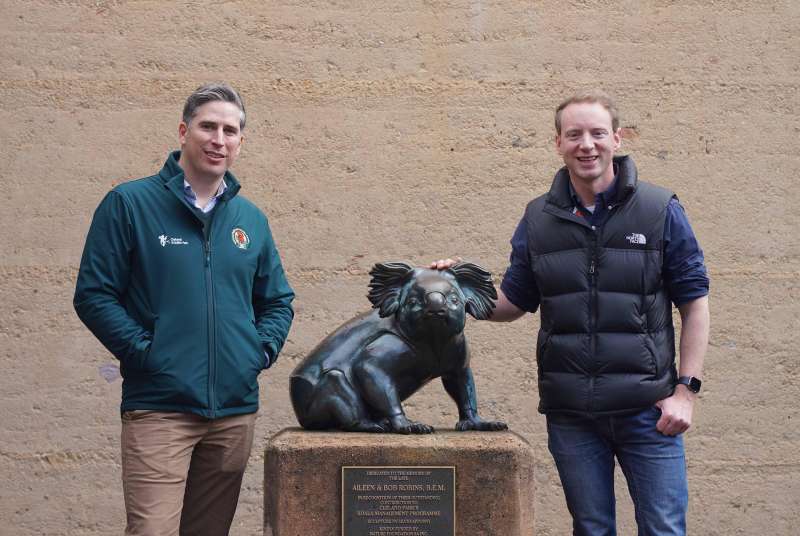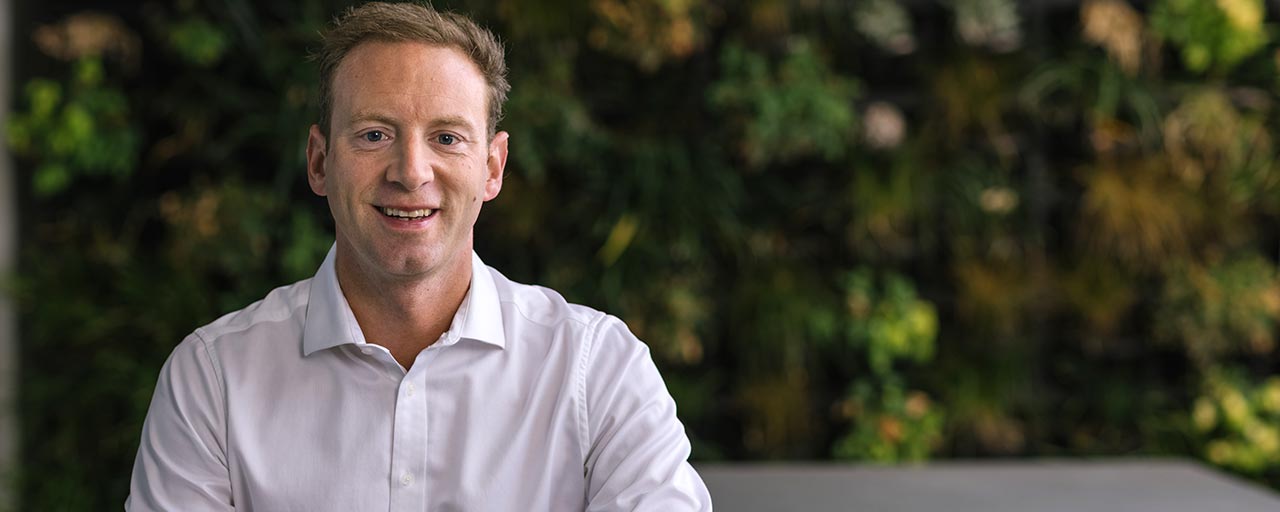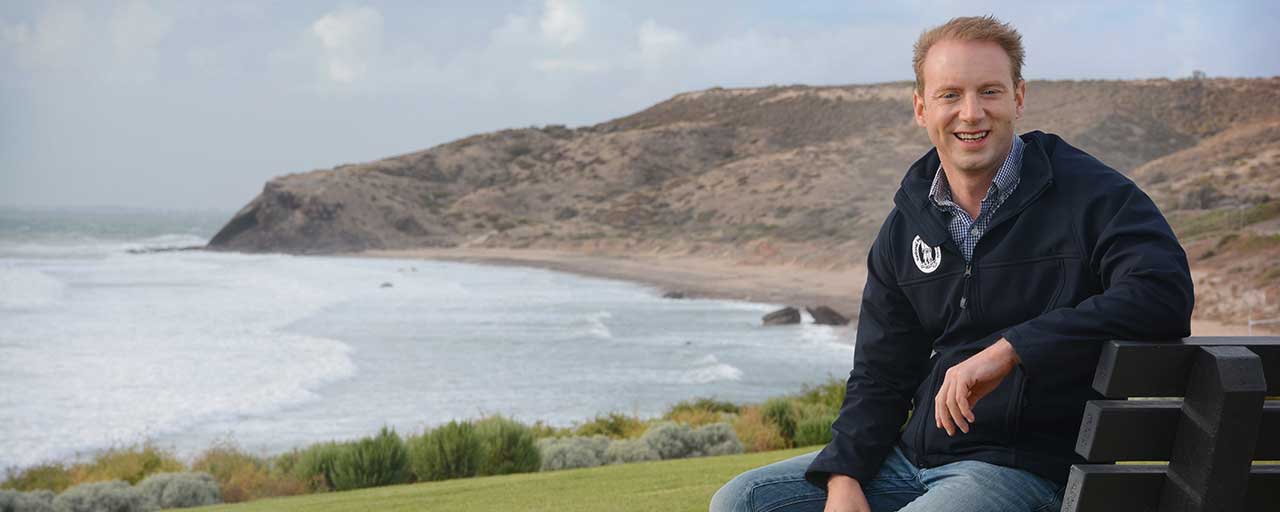Cleland Wildlife Park achieves zero waste to landfill

MEDIA RELEASE
Iconic South Australian tourism destination Cleland Wildlife Park has achieved a significant environmental milestone this month by sending zero waste to landfill for the first time.
Cleland Wildlife Park has achieved the zero-waste milestone by starting a three-month trial of dry waste bins and diverting this into an alternative energy source called Processed Engineered Fuel (PEF) which is then used as a substitute for fossil fuels at Adelaide Brighton Cement.
Minister for Environment and Water David Speirs said the PEF trial builds on the impressive work Cleland Wildlife Park is already doing with recycling and green organics.
“Cleland Wildlife Park is an iconic South Australian tourism destination and to achieve zero waste to landfill this month is a significant achievement,” said Minister Speirs.
“Processed Engineered Fuel is innovative technology which turns dry waste destined for landfill into baseload energy.
“Cleland is already doing a fantastic job when it comes to how they handle their recycling and green organics waste but the three-month trial with PEF is a new level of innovation.
“South Australia has a proud history when it comes to waste management and this is another example of a local organisation leading the way.
“We know that for every tonne of waste recycled or reused there are more than three times the amount of jobs created compared to when sent to landfill. This shows that improved waste management isn’t only good for the environment but it’s good for the economy as well.”
Cleland Wildlife Park General Manager David Rice said the three-month trial of dry waste bins has seen an immediate reduction in waste sent to landfill.
“Originally, we started looking at ways to better improve the diversion of our green waste so we engaged local compost company Jeffries about using their green bins,” said Mr Rice.
“Everything we sold over café counter now also goes into commercial composting – from coffee cups to lids to (plant-based) plastic containers.
“We then started collecting all soft plastics and recycling through yellow bins. Other plastic bottles and PET containers are sent to Scout Recycling Centre. From there we expanded to a dry waste program to divert everything away from land fill.”
By diverting organic waste from landfill through composting, Cleland has reduced its carbon emissions by more than 23,000 kilograms of carbon monoxide in the last financial year alone.
This total offset is equivalent to 9,732 litres of fuel saved, and 6.41 cars off the road.
Mr Rice said the process has been run and driven by the passionate staff at Cleland Café.
“They are the ones separating and sorting the rubbish and demonstrating the sustainable practices we can achieve on site to lessen our footprint and lead the way,” said Mr Rice.
“Cleland Café is now an example for all café businesses demonstrating how we can collectively work towards reducing landfill to conserve our environment as well as boosting the economy.”



